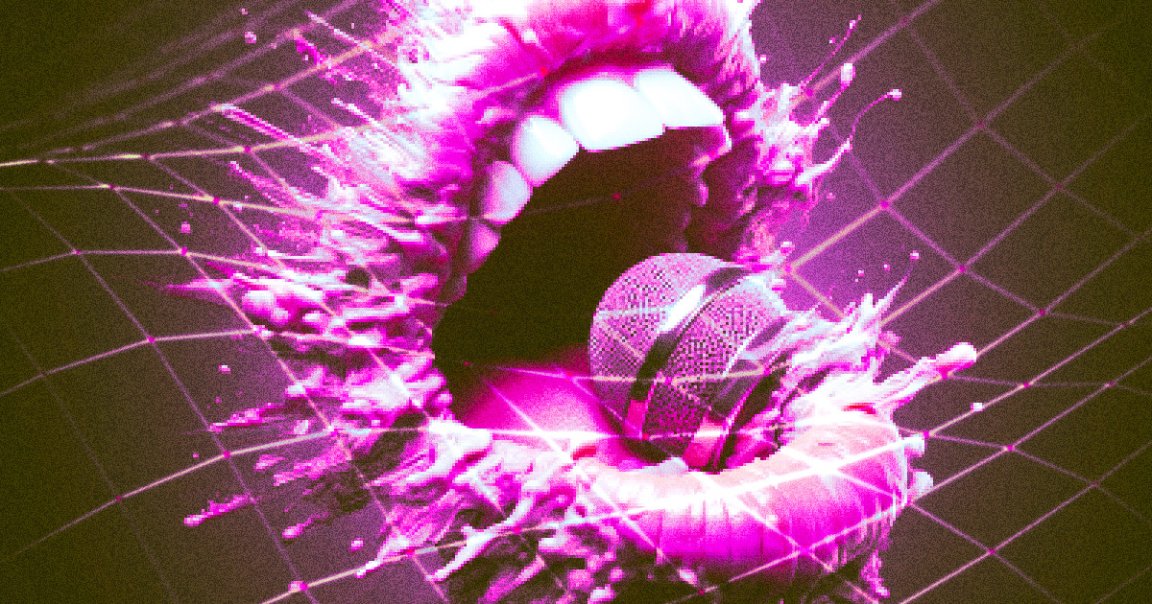
Singed
YouTube is launching a new feature that will allow users to create AI-generated songs using the licensed voices of famous artists including Demi Lovato, John Legend, and Troye Sivan, the Google-owned company announced on Thursday, just days after it updated its policy forcing users to disclose AI content.
Called “Dream Features,” the tool will debut as a small experiment available to a limited number of creators, and will only generate 30-second tracks drawing from a roster of about nine artists.
It sounds small in scope, but the names involved, who all voluntarily chose to sign on, are undeniably big, making it a bold debut of a controversial technology that the music industry’s biggest players have sent mixed messages on.
Back and Forth
No record label better exemplifies the industry’s vacillating on AI than Universal Music Group. On one hand, the record label has furiously gone after fanmade songs that voice cloned its artists like Drake, and sued chatbots for repeating its artists’ lyrics.
On the other, Universal has glibly licensed its music catalog to Google for use in its soon-to-be “AI Music Incubator,” the followup to Dream Features — a clear sign that creative integrity does not appear to be the bottom line, but monetization.
For others, generative AI’s propensity for what has been widely described as the stealing of artists’ work has simply been too much to stomach, even for those that create the AI models. On Wednesday, an executive at Stability AI overseeing its music generation tool publicly resigned from the company, stating that the current deployment of generative AI is “exploiting creators.”
Addressing the thorny ethics of the technology, YouTube wrote in the announcement: “Despite the tremendous opportunity AI presents, we also recognize it’s a quickly evolving space that presents complex challenges,” adding that it’s “committed to collaborating” with music industry partners.
Tepid Approval
The nine artists who consented to be included in the tool themselves sound conflicted, though overall approving.
“While I remain cautious about the future of AI,” Troye Sivan said in a statement featuring the other musicians, “I’m both excited and curious to see how this creative experiment evolves.” Charli XCX, also on the roster, similarly said that she was “cautious” but “interested to see what comes of it.”
Meanwhile, others like John Legend are “happy to have a seat at the table.” Echoing this thinly hedged enthusiasm, Demi Lovato said she was “open minded and hopeful that this experiment with Google and YouTube will be a positive and enlightening experience.”
At any rate, generative AI continues to make huge inroads into the music industry — and more and more of its biggest artists are beginning to show at least some support of its use.
More on music AI: The Beatles Just Released Their Final Song That Resurrects John Lennon’s Voice With AI